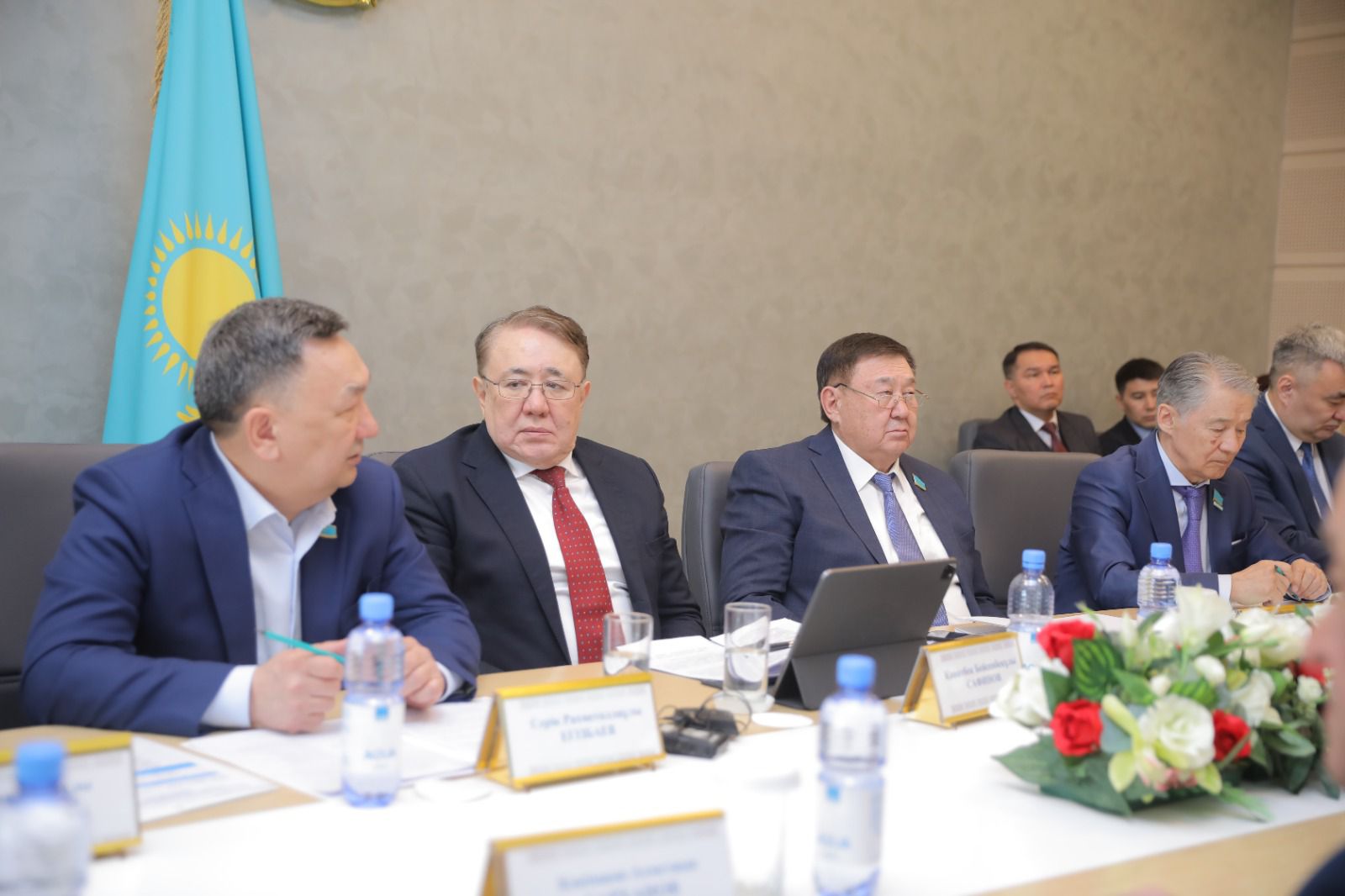
On March 29, the Presidential Center hosted a roundtable focused on pertinent issues regarding legal regulation within the realm of personal subsidiary farming and horticulture.
The event was jointly organized by the Institute of Parliamentarism under the UDP of the Republic of Kazakhstan and the Presidential Center of the Republic of Kazakhstan.
During his address, Kanatbek SAFINOV, Director of the Institute of Parliamentarism, underscored that Kazakhstan currently boasts 2.32 million private subsidiary farms, highlighting their significant potential. Despite contributing over 40% of the country's agricultural output, these private farms lack full recognition as agricultural producers and adequate state support.
"Personal subsidiary farms (private farms) significantly contribute to Kazakhstan's economy, particularly in food production. They are major producers of essential agricultural goods such as milk, open-field vegetables, potatoes, and meat. Operated mostly by families without hired labor, these farms are key food suppliers, thus fostering a form of family entrepreneurship," stated K. Safinov.
Among the principal challenges identified by roundtable participants were the absence of specific legislation governing private household activities and ineffective regulation within existing land laws. Additionally, environmental concerns stemming from inadequate veterinary safety standards were noted.
Proposed legislative measures include promoting collaboration between private households and government support, such as subsidies, microcredit, and educational initiatives.
The roundtable drew attendance from members of Parliament, scholars, and industry experts.



